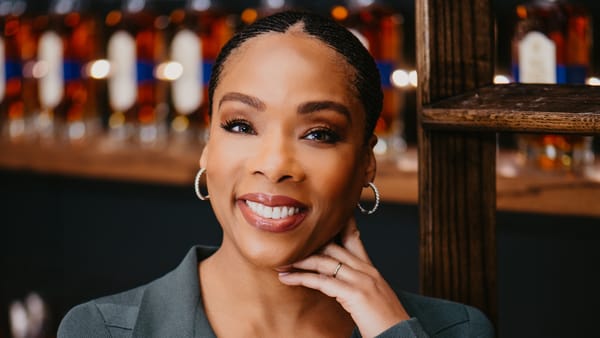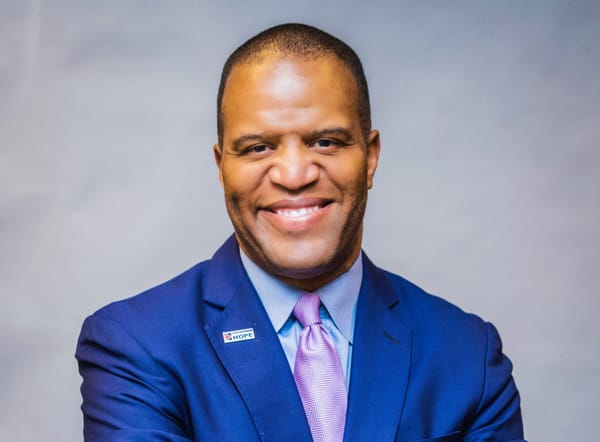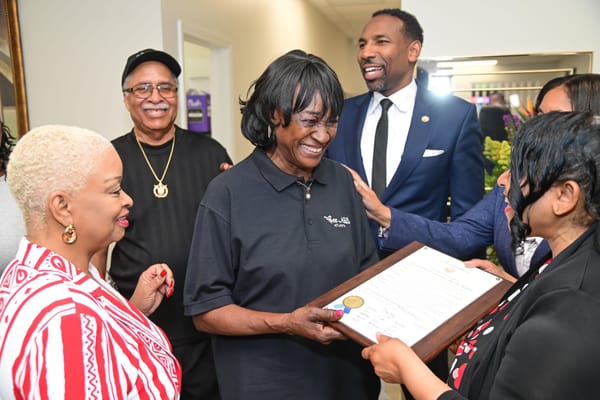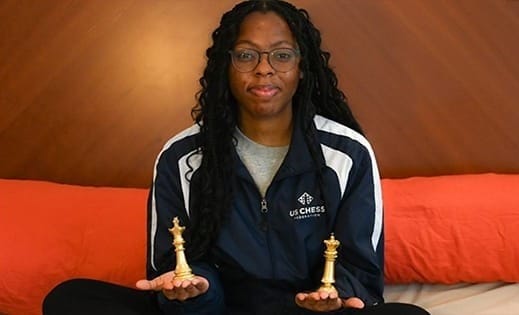Reverence in Action: How Aqeela Sherrills Is Reimagining Public Safety from the Inside Out
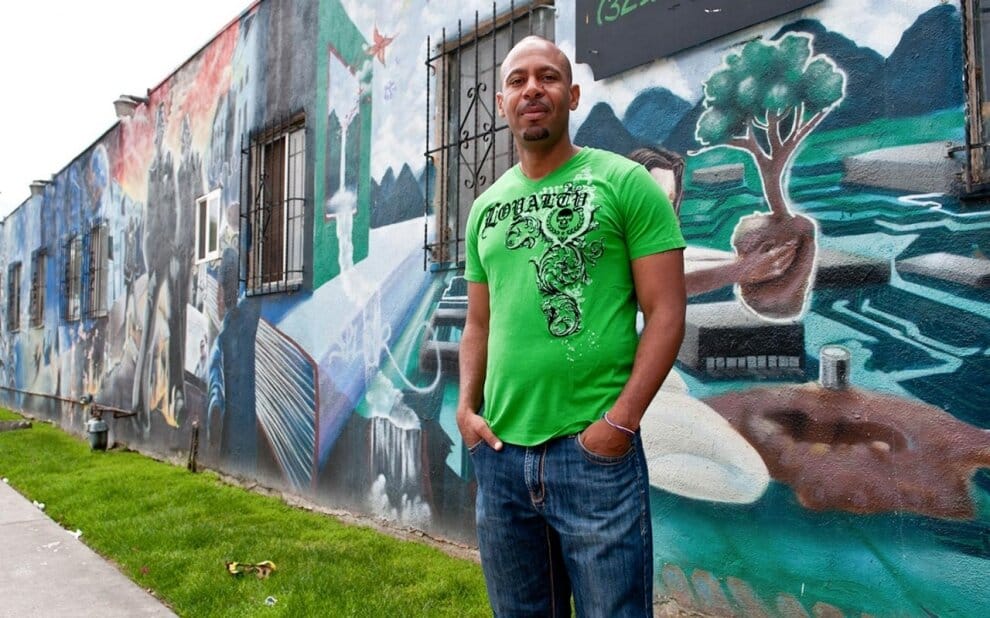
“You can’t police your way out of trauma—but you can organize your way into healing.”
— Aqeela Sherrills'
A Journey Rooted in Reverence
Before he was a national thought leader on public safety reform, Aqeela Sherrills was a young man growing up in the war zone of Watts, Los Angeles. He was surrounded by gunfire, grief, and generational trauma. Like many of his peers, he joined the Grape Street Crips, seeking safety, identity, and belonging in a world that too often rendered young Black men invisible.
But even in that chaos, something deeper stirred in him.
He left Watts for college—an act of radical self-preservation. And by the age of 19, he co-founded the Amer-I-Can Program with NFL legend Jim Brown, aiming to transform the lives of gang-involved youth across the country. The work wasn’t academic—it was deeply personal. Aqeela wasn’t trying to "save" anyone. He was trying to liberate communities from the narratives that had entrapped them.
In the early 1990s, Aqeela helped broker what would become a historic peace truce between the Bloods and Crips in Watts. It was a seismic cultural shift—but it wouldn’t be enough on its own. The deeper causes of violence—poverty, systemic racism, trauma—still loomed.
That realization led to the birth of the Community Self-Determination Institute in 1999, where Aqeela and his brothers focused on long-term healing and grassroots ownership of change. The work was part street intervention, part trauma-informed advocacy, and part deep spiritual practice.
But nothing would challenge his soul more than the tragedy that followed.
Turning Grief Into a Movement
In 2004, Aqeela’s 18-year-old son Terrell was shot and killed. The pain was unimaginable. It would have been easy—understandable—for Aqeela to give up.
Instead, he created The Reverence Project in 2007, a deeply spiritual initiative that brought together healers, artists, and organizers to help communities shift from cycles of violence and retribution toward forgiveness, compassion, and truth-telling.
"Reverence," he says, "is about honoring the sacred in all things—even in pain."
The work resonated because it was real. It met people where they were, without judgment. It centered healing, not punishment. And it proved something powerful: that safety isn’t delivered by a badge—it’s cultivated in community.
From the Streets of Watts to the Streets of Newark
In 2014, Newark Mayor Ras Baraka invited Aqeela to bring his model to New Jersey. Aqeela co-created the Newark Community Street Team (NCST), a city-funded community-based violence intervention initiative.
Over five years, homicides in Newark dropped by over 50%—from 104 in 2015 to 51 in 2019. The numbers told a clear story: community-led solutions don’t just feel good. They work.
Aqeela's approach didn’t rely on force. It relied on trust, proximity, and lived experience. NCST team members weren’t outsiders—they were embedded in the neighborhoods they served. They mediated conflicts before they escalated. They helped people find housing, jobs, and healing. And in doing so, they redefined what public safety could look like.
Scaling a Movement of Safety and Justice
Since then, Aqeela has taken his vision to the national stage. He helped build a network of over 10,000 crime survivors in California through Californians for Safety and Justice, advocating for community investment over incarceration.
He now serves as the Senior Advisor for the Alliance for Safety and Justice, sits on the Board of Directors, and is Chairman of the Board for the Newark Community Street Team. Through his latest work as Co-Founder of the Community-Based Public Safety Collective, he supports cities across the U.S. in designing and funding safety strategies that place communities—not law enforcement—at the center.
“The people closest to the pain are closest to the solution—if we’re courageous enough to let them lead.”
— Aqeela Sherrills
Key Lessons & Takeaways from Aqeela’s Life and Work
🔹 1. Redefine Safety: Safety is not surveillance. It’s stability.
True public safety doesn’t come from over-policing—it comes from addressing the root causes of harm: poverty, disconnection, trauma, and inequality.
🔹 2. Center Lived Experience
The most effective solutions come from those who’ve lived the problem. Aqeela’s leadership proves that personal experience is not a liability—it’s the blueprint.
🔹 3. Healing is a Public Strategy
Trauma is both personal and political. To change systems, we must invest in emotional, spiritual, and cultural healing as serious tools of change.
🔹 4. Invest in Infrastructure of Care
Cities must fund street teams, community liaisons, mental health practitioners, and economic opportunity—not just jails and patrols.
🔹 5. Turn Pain into Purpose
Aqeela didn’t just survive his son’s death—he transmuted that loss into an ecosystem of healing that now serves thousands. Your wound can become your work.
A New Definition of Leadership
Aqeela Sherrills is not just building safer cities—he’s reshaping the conversation. His leadership reminds us that the most radical thing we can do is believe in our own communities—to see them as sacred, not broken.
Through reverence, resilience, and radical imagination, Aqeela offers us not just hope—but a working model for how to build a more just world.
Follow Aqeela's Work:
🔗 The Reverence Project
🔗 Community-Based Public Safety Collective
2025 COMMUNITY SAFETY LEADERSHIP AWARDS
Aqeela Sherrills will be honored at the 2025 Community Safety Leadership Awards on Saturday, October 4, 2025 at Los Angeles Southwest College. For more information visit the link below:

